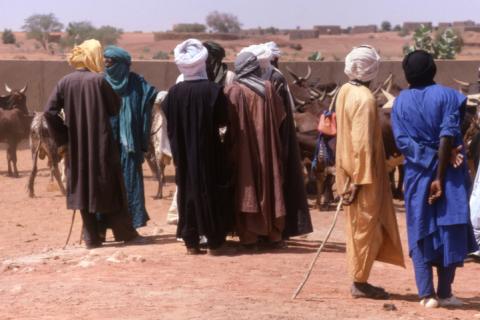Formally Recognizing Pastoral Community Land Rights in Ethiopia
For hundreds of years, pastoralists in Ethiopia’s lowlands have relied on strong customary land tenure systems to survive. Historically, legislation has failed to clearly define communal rights to rangelands, and the specific roles and responsibilities for both communities and local government to administer and manage these resources. This legislative deficiency prevented pastoral communities from fully exercising their constitutional rights to land (Ethiopia’s Constitution broadly recognizes pastoral communities’ right to access land and prevents their involuntary displacement).
Building stronger grassroots organizations that can take community land rights to scale
Northern Tanzania’s iconic savannah landscapes, home to some of the greatest cultural and biological diversity found anywhere in the world, encapsulate many of the challenges and opportunities facing community land rights in Africa. In contrast to most African countries, Tanzania’s landmark 1999 land reforms provide full legal recognition of customary land rights, which are administered through elected village councils.
Historic New Law Secures Land for Malian Farmers
This blog originally appeared on IISD
Farmers in Mali have gained critical new rights to their traditional land—and rural communities have gained much-needed economic stability—as a result of a historic new law.
How pastoralists innovate: stories from the highlands of China
Source: Future Agricultures
Written by:Nathan Oxley
For several years Future Agricultures has worked on pastoralism within African settings. For comparison, this post looks at a case from theTibetan Plateau, where pastoralists are facing similar challenges to those investigated by our Pastoralism theme.





